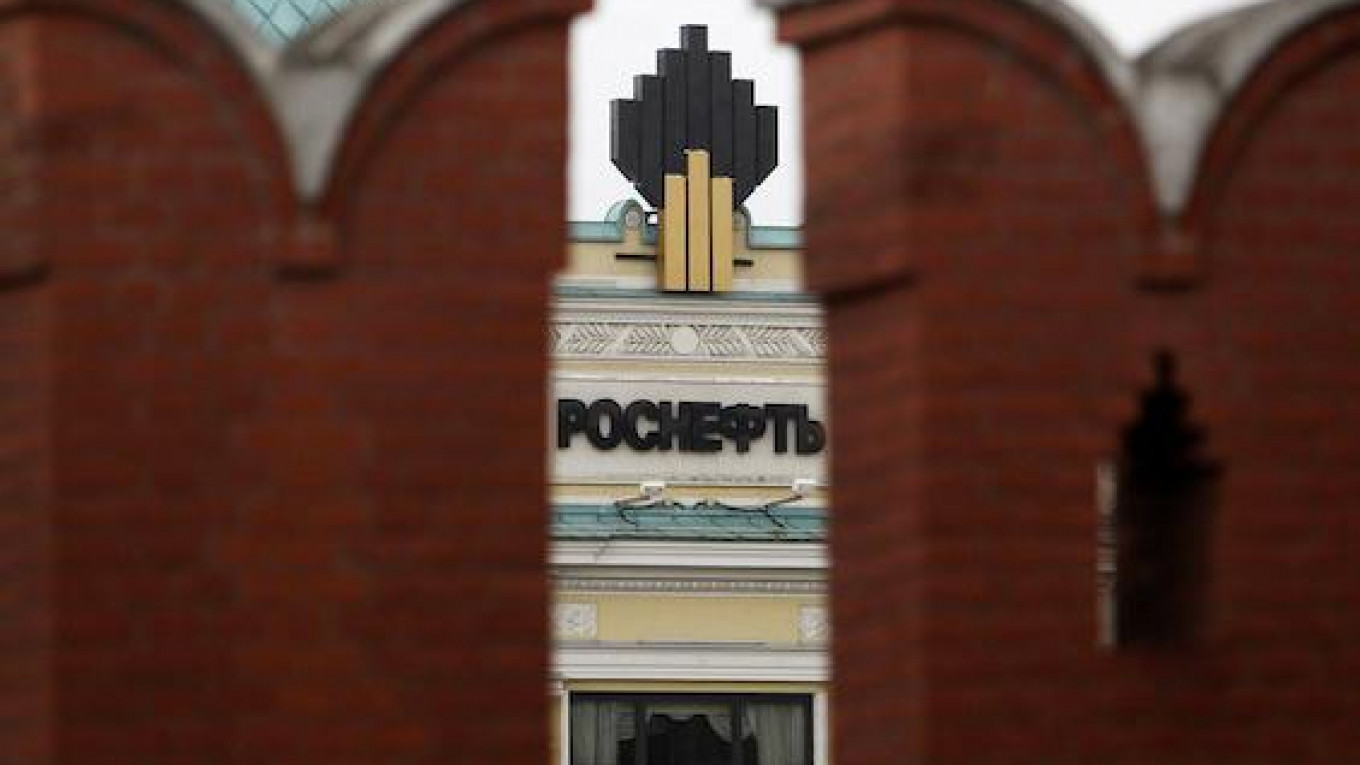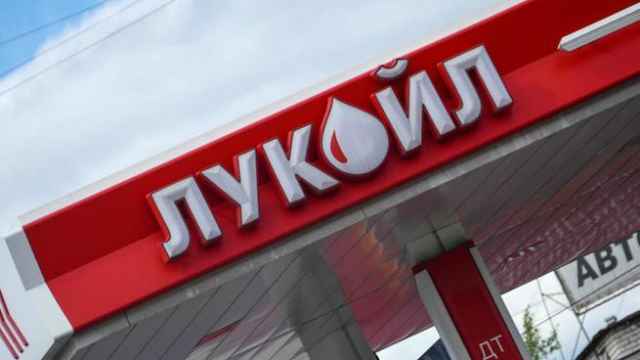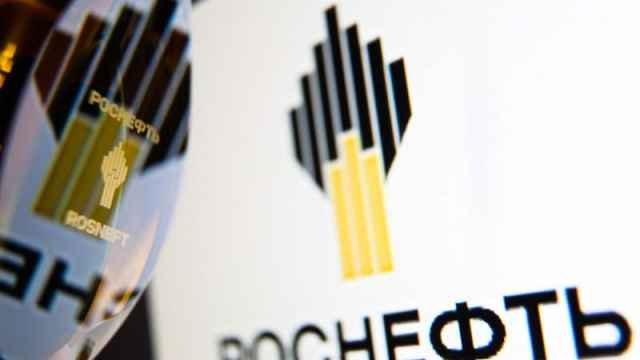Russian oil company Rosneft has sold a 19.5 percent stake in the company and successfully completed a government privatization plan for the state-controlled energy behemoth.
The buyers are a consortium consisting of the British-Swiss commodities trading firm Glencore and the Qatari Sovereign Wealth Fund. The sale will generate 10.5 billion euros ($11.3 billion) for the Russian budget, Kremlin spokesman Dmitry Peskov said.
Shares of the company appreciated by 5.1 percent to 364.5 rubles ($5.75) per share on Thursday morning, following news of the privatization deal.
The sale, which President Vladimir Putin termed "the largest on the global energy market in 2016," came unexpectedly Wednesday evening. Until the news broke, many analysts believed that the oil company would ultimately "privatize" itself – buying the 19.5 percent stake from its majority shareholder, the Rosneftegaz state-owned holding company.
Rosneft had long struggled to find a buyer for its shares. According to CEO Igor Sechin, the company held talks with 30 different potential investors from around the world before making a deal with the Glencore/Qatari consortium. The 19.5 percent stake will be split equally between both investors.
The deal is a major coup for the Russian government, which faces rapidly-draining state coffers amid depressed oil prices and an economic crisis.
During a meeting with Sechin on Wednesday, President Vladimir Putin stressed the importance of the sale's timing.
"The deal was reached on the upward trend of oil prices...this influences the company's value," he said, terming the sale "highly successful."
Putin also ordered Sechin to prepare a gradual plan to convert the revenues from Rosneft's privatization into rubles so as to avoid fluctuations in currency exchange rates. The Finance Ministry and Central Bank will assist in drafting the conversion plan.
The Russian state, through state-owned Rosneftegaz, remains Rosneft's majority shareholder.
A Message from The Moscow Times:
Dear readers,
We are facing unprecedented challenges. Russia's Prosecutor General's Office has designated The Moscow Times as an "undesirable" organization, criminalizing our work and putting our staff at risk of prosecution. This follows our earlier unjust labeling as a "foreign agent."
These actions are direct attempts to silence independent journalism in Russia. The authorities claim our work "discredits the decisions of the Russian leadership." We see things differently: we strive to provide accurate, unbiased reporting on Russia.
We, the journalists of The Moscow Times, refuse to be silenced. But to continue our work, we need your help.
Your support, no matter how small, makes a world of difference. If you can, please support us monthly starting from just $2. It's quick to set up, and every contribution makes a significant impact.
By supporting The Moscow Times, you're defending open, independent journalism in the face of repression. Thank you for standing with us.
Remind me later.






